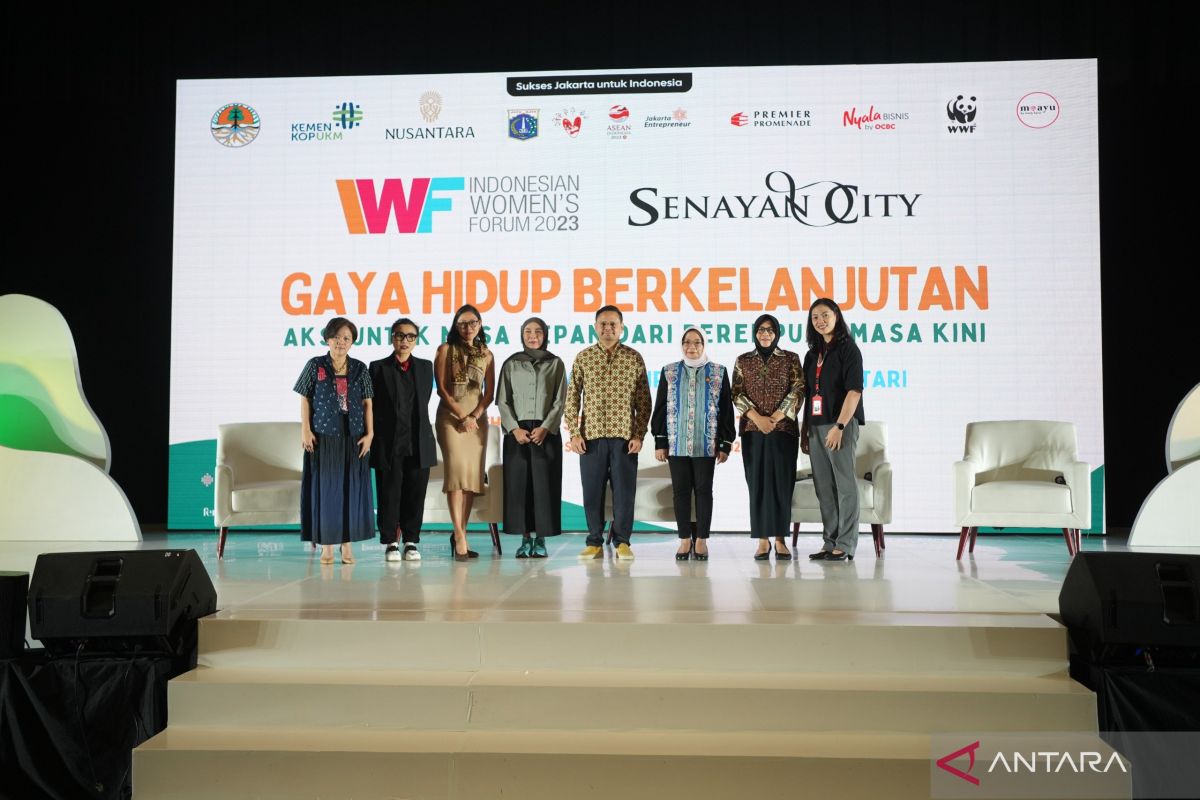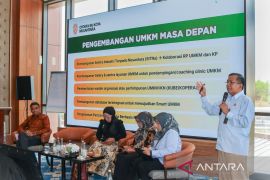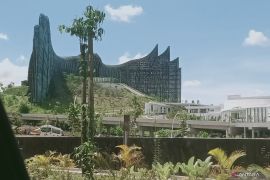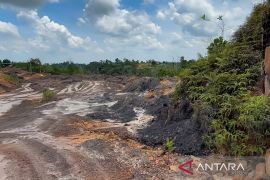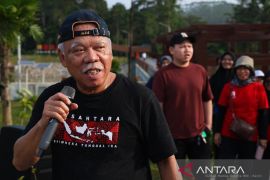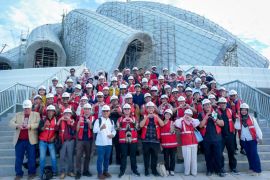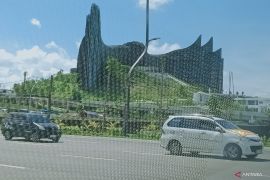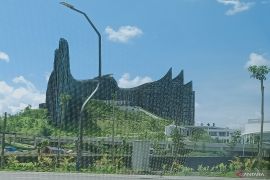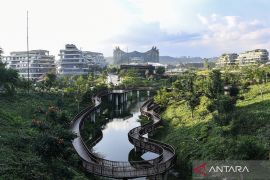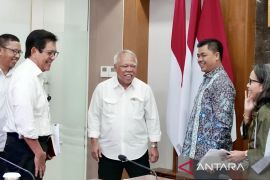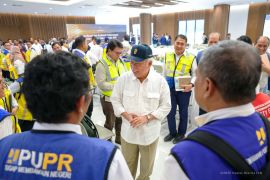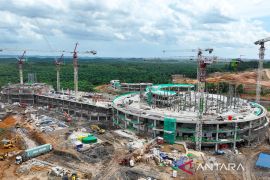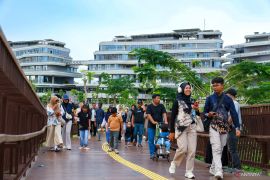"Inclusiveness and gender equality are indeed supposed to be included in the principle of development," OIKN's Special Staff for Sustainable Development Diani Sadiawati remarked in Jakarta on Thursday.
She emphasized that the government is aiming to build IKN Nusantara as a safe, comfortable, and accessible city for all its residents, including children, women, the elderly, and persons with disabilities.
The special staff further remarked that the OIKN has placed the involvement of local residents, particularly women, as one of its focuses. To ensure their involvement, the authority opts for holding several training activities that revolve around hydroponic planting, batik, bakery, and barista skills.
"It should be noted that in reality, all women possess capabilities. Women inhabiting villages in the IKN development area have been demonstrating their prowess," she noted.
Sadiawati then expressed belief that the development of Indonesia's future capital city would help locals elevate their living standards.
She remarked that the OIKN will prepare basic facilities and infrastructure required for realizing an inclusive IKN by collaborating with parties, including schools, hospitals, and markets.
Furthermore, she pointed out that the OIKN would provide facilities and infrastructure for civil servants and personnel of the Indonesian National Armed Forces (TNI) and National Police (Polri) that will be stationed in the new capital city.
She remarked that IKN Nusantara is being developed with the concepts of sustainable city, 10-minute city, and lovable city.
The 10-minute city concept is applied to ensure that it will only take approximately 10 minutes for the residents of Nusantara to go to work using mass transport. Meanwhile, the adoption of the lovable city concept is aimed at making Nusantara a beloved city for its residents by prioritizing the happiness index.
A budget, totaling Rp466 trillion (US$30 billion), is required for constructing the city until 2045. As much as 80 percent of the budget required is expected to be covered by funds generated from cooperation between the government and the private sector.
Meanwhile, the rest of the budget required is allocated from the State Budget (APBN).
Translator: Indra A, Tegar Nurfitra
Editor: Rahmad Nasution
Copyright © ANTARA 2023
